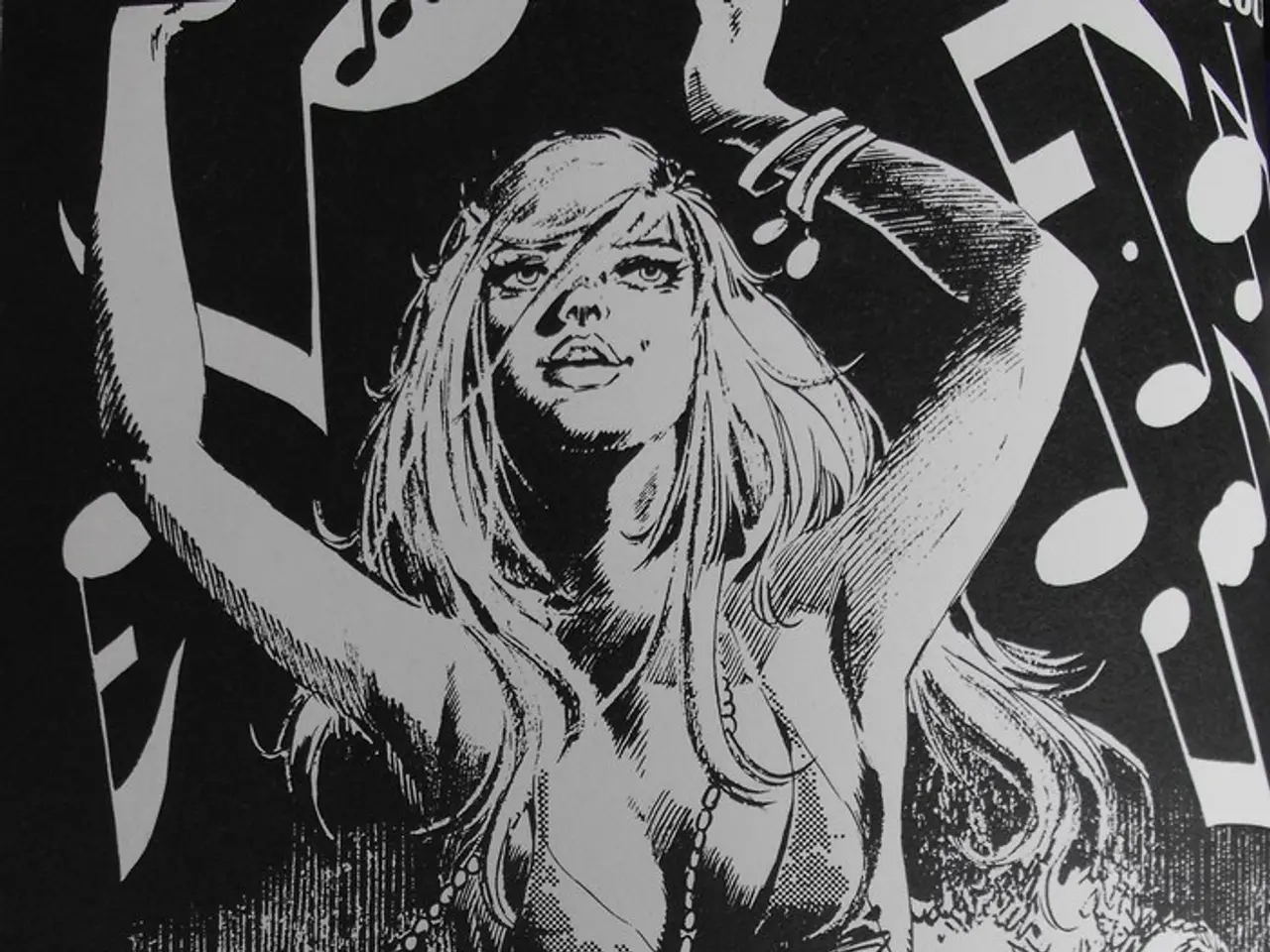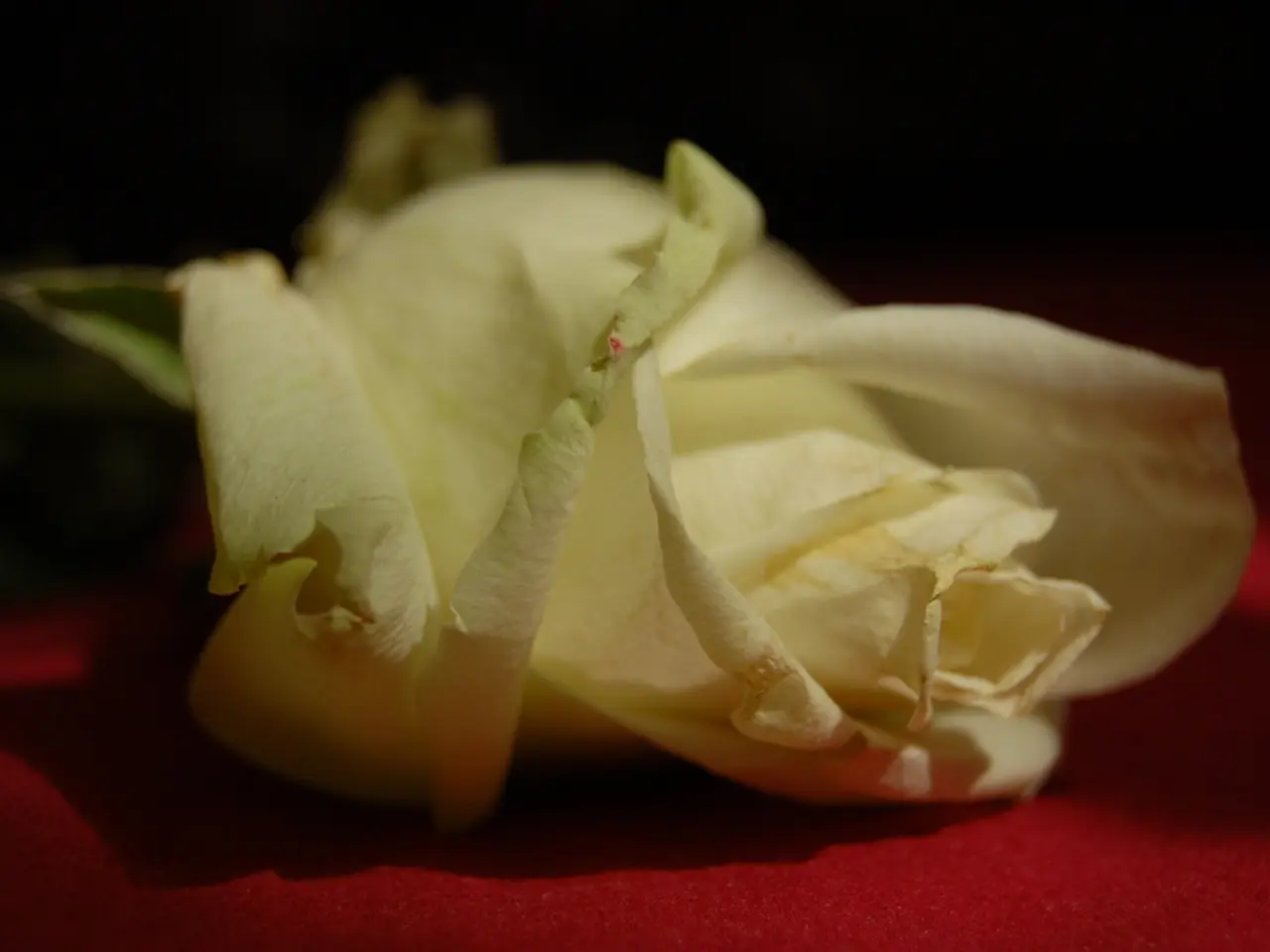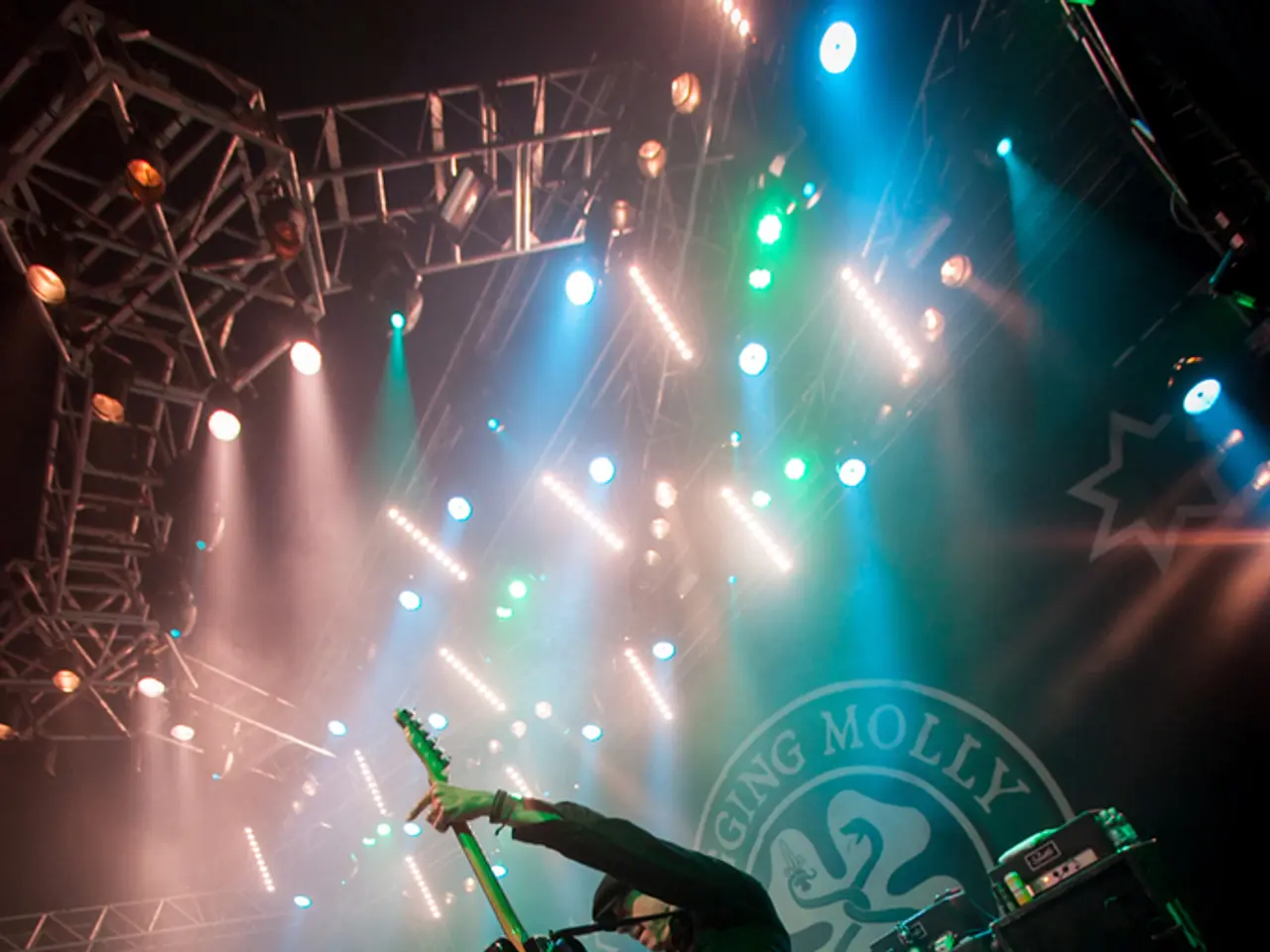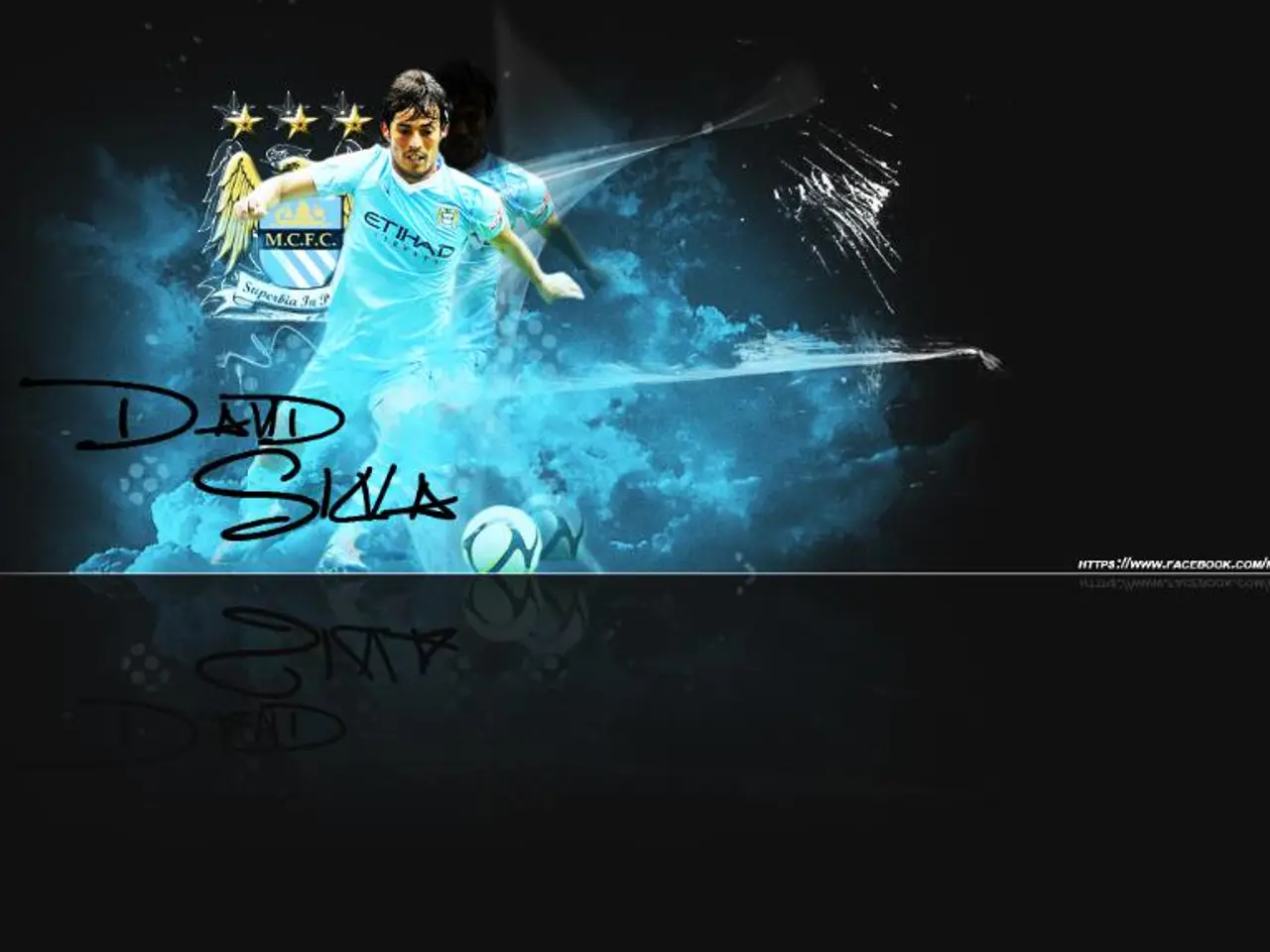Anthony Russell's Musical Parallels with Sidor Belarsky
In the vibrant world of Yiddish music, contemporary artist Anthony Mordechai Tzvi Russell has emerged as a shining star, carrying on the legacy of the legendary Sidor Belarsky. Although there is no direct link establishing Russell as the primary performer of Belarsky's work, his contributions to the revival and popularisation of Yiddish music suggest a connection to Belarsky's enduring cultural influence.
Born in Ukraine in 1898, Belarsky rose to prominence as a beloved figure in American Yiddish music. His finely controlled approach to interpreting Yiddish folk and art songs, rooted in his classical training, set him apart from the sentimentality and high drama of Yiddish musical theater, as well as the idiomatic synagogue music of cantorial singers. Belarsky's repertoire encompassed classical song, Yiddish pieces addressing Jewish life in Europe, and cantorial music, making him a versatile and influential artist.
Fast forward to the present day, and Anthony Mordechai Tzvi Russell stands as a contemporary revivalist of Yiddish song with operatic training. Russell's performances are imbued with an impassioned following and a busy international touring schedule, making him a popular figure in the Yiddish music scene. He has faced criticism from some musicians in the klezmer revival scene for his interest in the music of Sidor Belarsky, but Russell sees Belarsky as a model for integrating artistry and Jewishness, and he credits Belarsky's example with helping him cultivate a powerful stage persona in the Yiddish world.
Russell's personal connection with Isabel Belarsky, Sidor's daughter, has deepened his sense of Belarsky as a person and further fostered his self-confidence in his role as the principal torchbearer for the Belarsky legacy. He likens the process of working with accordionist Dmitri Gaskin to "giving your home to an architect and having it transformed into a palace." Russell believes that Belarsky's musical experiments have provided him with resources to connect his aesthetics to his sense of self as a Jewish person.
Russell's connection to Belarsky's music is not merely professional; it is deeply personal. He finds Belarsky's music comforting and familiar, and he seeks to emulate Belarsky's ability to appeal to various Jewish communities. Russell compares his performances to his years in opera, suggesting that performing Belarsky's music requires only being Jewish.
Belarsky's music, while criticised by some for being overly stuffy and lacking the dance energy and roughhewn folk sensibility desired in the klezmer community, has resonated with a broad audience. The Yiddish art song tradition draws on 19th-century Romantic lieder, inflected by melodic patterns borrowed from Yiddish folk songs and with emotive Yiddish lyrics that referred to the intimacies and specificities of Jewish life in Europe.
As Russell continues to captivate audiences with his performances of Belarsky's music, he is not just preserving a legacy; he is breathing new life into it. His work, much like Belarsky's, transcends the boundaries of traditional music, offering a unique and compelling interpretation of the Jewish experience. In doing so, Russell is not only honouring the past but also shaping the future of Yiddish music.
Anthony Mordechai Tzvi Russell's performances of Yiddish music, particularly those of Sidor Belarsky, create an entertaining fusion of opera and folk tradition, appealing to various Jewish communities and continuing the legacy of Belarsky in a modern context.且, Russell credits the influence of Belarsky's music for providing him with resources to integrate artistry and Jewishness, thereby empowering him to cultivate a powerful stage persona in the world of Yiddish music.








